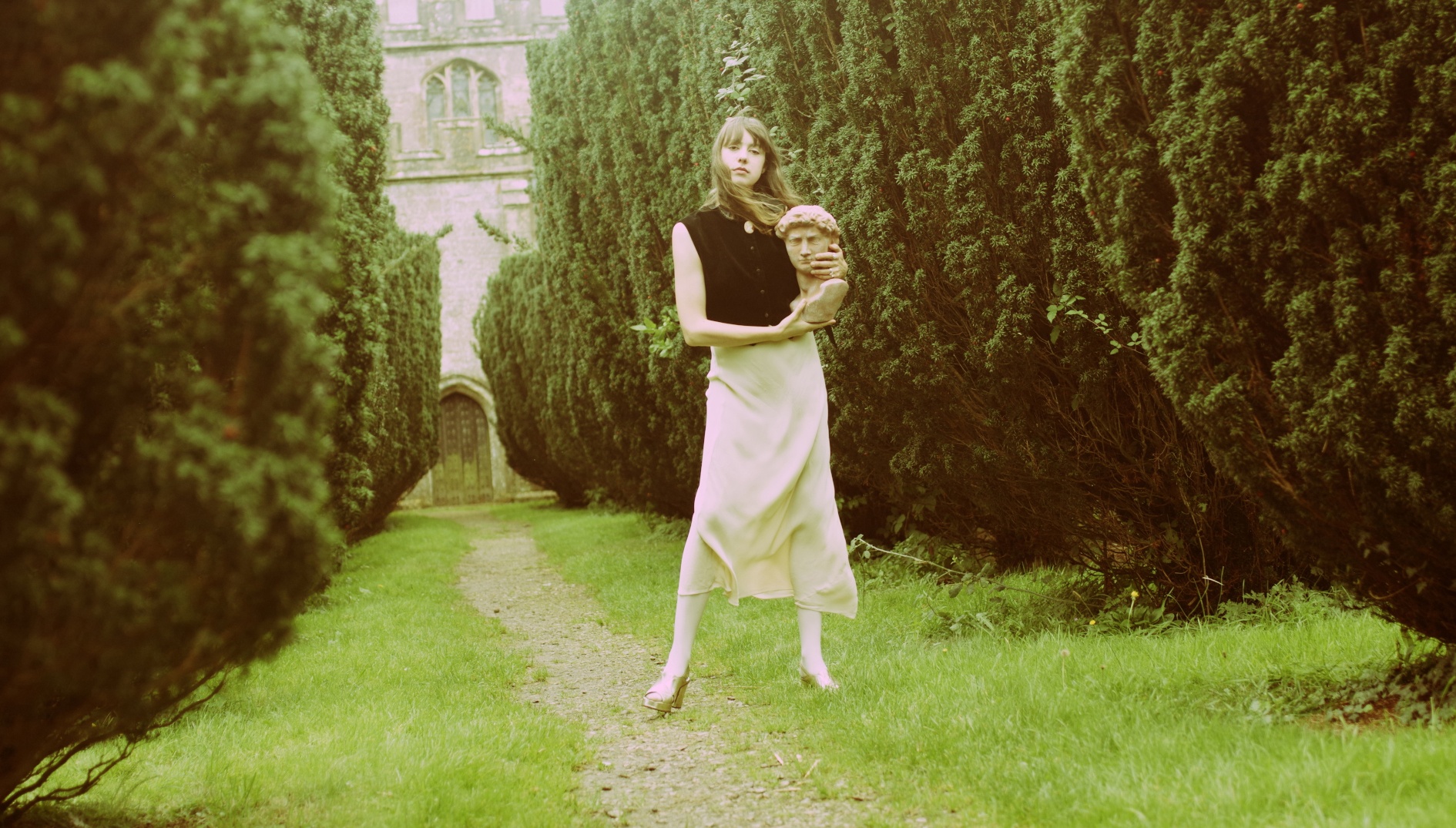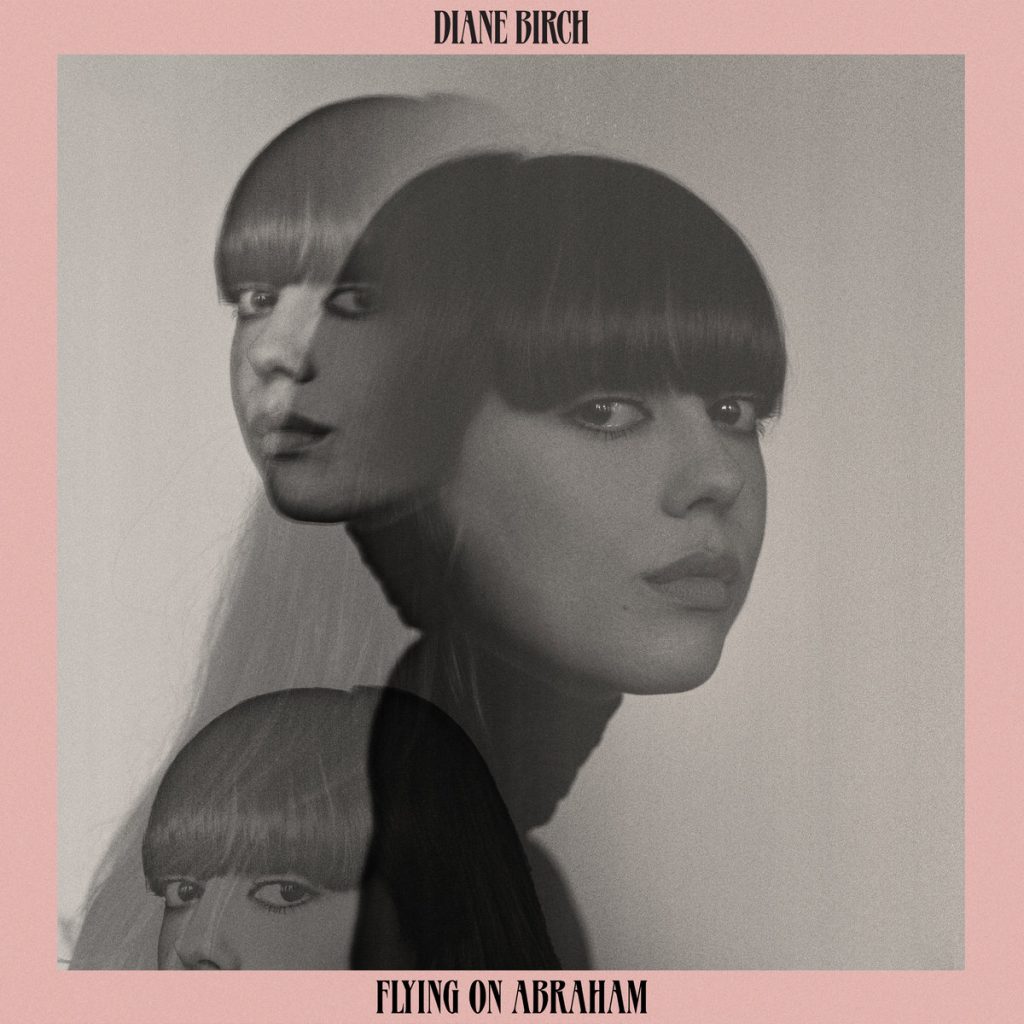Diane Birch is a remarkable American singer-songwriter and pianist whose illustrious career spans over a decade, marked by critically acclaimed releases and diverse musical influences. From her upbringing as a preacher’s daughter in Africa to her formative years immersed in the vibrant cultural scene of Portland, Oregon, Diane’s journey is as eclectic as her sound.
Having garnered attention with her debut album “Bible Belt” from 2009 and subsequent projects “Speak A Little Louder” and “Nous”, Diane has solidified her place in the international music scene, earning accolades from esteemed peers including Prince, Daryl Hall, and Stevie Wonder. Now, with her latest offering, “Flying On Abraham,” Diane presents a meticulously crafted collection of original compositions, paying homage to her varied musical roots.
Produced by renowned musician Paul Stacey, “Flying On Abraham” is a narrative of Diane’s artistic journey, blending elements of 70s AM radio, soul, jazz, classic rock, and pop. With her distinctive voice – a blend of raw emotion and refined grace – Diane channels the legacies of iconic artists while maintaining her authenticity. This album not only reaffirms Diane’s status as a musical virtuoso but also offers a glimpse into the soul of an artist who continues to enchant audiences worldwide with her evocative lyrics.
Join us as we delve deeper into the creation of “Flying On Abraham” and Diane’s enduring vision of making American music with an English sensibility in our in-depth interview.
Diane, congratulations on your latest album, “Flying On Abraham”! Can you tell us about the inspiration behind the title?
Thank you so much. The title was inspired by a lyric from Moto Moon. I was in an unraveling relationship at the time and was just discovering the teachings of ‘Abraham’ channeled by Ester Hicks much to my ex boyfriend’s annoyance at the time who claimed she was a scam. Regardless, the teachings of law of attraction changed my life for the better then and have continued to ever since.
Your musical journey has been quite diverse. How do you feel your upbringing and experiences have influenced the sound of this album?
Well my life is indeed a cocktail of diversity and varying moods, phases, travels etc,… so I suppose that has carried over into my music though I often fear that perhaps I’m just confusing. I have always romanticised a very singular vision in all areas of my life but it’s not the way I am. My taste in most things, not just music, is often all over the map which is why I struggled so much in the past working with record labels who wanted me to fit into a category. I’m learning to embrace my often contradictory moods and not feel pressure anymore to conform to trends or movements. I just kind of keep plugging away at my own inclinations and hope maybe one day I’ll have carved out a little space in the world all my own.
The album is described as a blend of various genres. How did you approach merging these different styles while maintaining a cohesive sound?
Well I’ve kind of figured if you just keep following the things you love without analysing or judging how they all fit together then the painting starts to emerge before you. It’s an exercise in letting go of control. The greatest challenge in my career thus far has been my own self judgement and over analysing what I’m doing, in most cases resulting in doing nothing at all. So this album was an exercise in letting go, letting things be and honouring what is even when it doesn’t always make sense to my own mind. My language of preference is of the heart anyway so hopefully it resonates there first and foremost.
Diane, what was the creative process like for “Flying On Abraham”? Did you face any particular challenges during its making?
To say it was a challenging process is quite an understatement! Firstly I lost a massive heap of money that I’d made from a crowdfunding website to make the album, due to their sudden bankruptcy. I was completely horrified and embarrassed to face my fans after they had put so much support into me. So financially I’d started making an album which I couldn’t really afford to finish with the same vision I’d started with. I went broke in the process. There were also constant arguments and challenges working with Paul Stacey who I adore now, yet at the time we were still getting to know each other as musicians and artists. It can be a very hard thing for me to let go and trust someone else in the creative process. The only thing I knew for sure is that when we played together it was magic, but we are both headstrong and emotional and fights, tears and shouting matches were no strangers to the party. Time dragged on and I lost hope, took detours, considered scrapping the whole thing over and over and giving up on music for good. But finally it found a crack to escape through and find the light of day.
Working with producer Paul Stacey, known for his work with Noel Gallagher and the Black Crowes, must have been an enriching experience. Can you share some insights into your collaboration and how it contributed to the album’s sound?
When I first met Paul, we were both at Abbey Road Studios in that big legendary room. There were loads of people there at the time all fiddling away on something or other and on the opposite end of the room I could hear Paul noodling around on his guitar and I was on the other end at the piano and suddenly we started having a little musical conversation. Then we got together and played and it was evident that we had a very special musical connection. What endeared me to him most was his extremely eclectic background and diverse array of influences. Watching him play the most mind blowing jazz guitar then geek out on his love of everything from Joy Division to Barbra Streisand. I knew that I had found a kindred soul of madness and non conformity. His musicality is as irreverent as it is sophisticated and that is a kind of polarity I’ve always been drawn to. We also had a clear understanding that the music was always the boss not us.
Your voice has been compared to iconic artists like Carole King and Carly Simon. How do you balance honoring these influences while staying true to your own artistic identity?
I find it incredibly flattering and such an honour though the irony is I hardly ever listened to either of those artists growing up. I have never really listened to anyone and thought oh I am going to try and sound like that. I guess I do enjoy not sounding particularly modern though it’s not intentional. I’ve got hardly any vocal training and the less I think about my voice, generally the more authentic it sounds.
Many of your songs are deeply personal. How do you navigate the balance between vulnerability and storytelling in your songwriting?
In many ways I feel it’s quite a challenge to get to the core of my emotions when I’m writing. I write a lot in metaphors and vague fragments and always feel it’s important to bring a simple relatable element back into it so it’s not just indulgent rambling! I like being witty and a bit cryptic with things though too. I am very much a lady but I’m also a tramp so often it’s the most challenging to give myself permission to be both 🙂
Diane, are there any specific tracks on the album that hold significant personal meaning for you? If so, what inspired them?
They all do really, I often write songs seemingly about others but most often they’re inspired by a kind of long reach for a greater aspect of myself. Perhaps one song which was much more of a straightforward inspiration is ‘Boys On Canvas’. I wrote it while living in London during a time when I was painfully single and highly bored with the options. One winter I found myself visiting the National Gallery, often multiple times a week. I felt a kind of safety and refuge there from the modern world. My seemingly dry appetite for men was revived while gazing at the beautiful boys in the renaissance paintings and I realised that it wasn’t impossible to arouse my interest in men, I just wasn’t really that into the modern man. So I sat in the cafe there one day over tea and scones and wrote much of the lyrics for the song.
How do you feel your growth as an artist is reflected in this album compared to your previous works?
I’m a woman now and have gone through a lot of personal growth and shed a lot of the old identity I had attached myself to as an artist and the way I saw myself in relation to the world. I also am getting better at being ok with what and who I am. Letting things be what they are without so much worry and analysis over what it says about me etc,… I suppose a more simple way of saying it is that my ego has shrunk a lot over the last few years. I look at my career now less about what everything says about me and more about what I am here to give the world.
The album cover artwork is quite striking. Can you shed some light on its symbolism and how it relates to the themes of the album?
I suppose it’s reflective of a dance one does with the higher or lower aspect of oneself. In the middle is this central character which lives in this time/space reality but everything in every moment is a choice. Who are you choosing to be in every moment?
“Flying On Abraham” incorporates a wide range of instruments and sounds. How did you go about selecting the musical elements to complement each track?
Well strangely in the end there was less diversity of instruments than I had originally intended before starting to record. I had wanted the foundation to be a very solid live band sound which it was. The entire album is a series of live takes performed by me on keys and vocals with Jeremy Stacey on drums and Paul Stacey on bass. We later overdubbed the guitars and other elements but the core of every song was a live take of the 3 of us. I have always loved the idea of a very deep groovy rhythm section and then more ethereal elements on top. I also like piecing together different sonic influences together into a sound that is not so 1 dimensional. I know people put me into the boxes but if you listen closely there are a lot of things going on which are not so straightforward.
Could you share a memorable moment or experience from the recording of “Flying On Abraham” that stands out to you?
One of my favourite experiences was recording at Bryan Ferry’s London recording studio. He had such a beautiful and inspiring space with a lot of the old Roxy synths and gear. I’ve always been a massive fan of his so it was a real privilege to record in such a special place.
In what ways do you hope listeners connect with the themes and messages conveyed in the album?
I’ve always hoped to connect listeners to their own humanness and hopefully even their own divinity, so that wish remains unchanged.
Your music has garnered attention from esteemed peers such as Prince and Stevie Wonder. How does their recognition impact your creative journey?
It’s always been an honour and a huge compliment to be recognised by such great artists. Meeting Prince in particular so early on in my artistry was a very big moment for me and helped instil the confidence and belief in myself to go for it especially at a time when I had no idea if I was really any good at all.
Diane, will you be touring Europe with your new album? And can we also expect some gigs in Germany this year?
Yes I very much hope to be touring the EU and of course I will always love to play in Germany!!
Photo: Margo Ducharme


